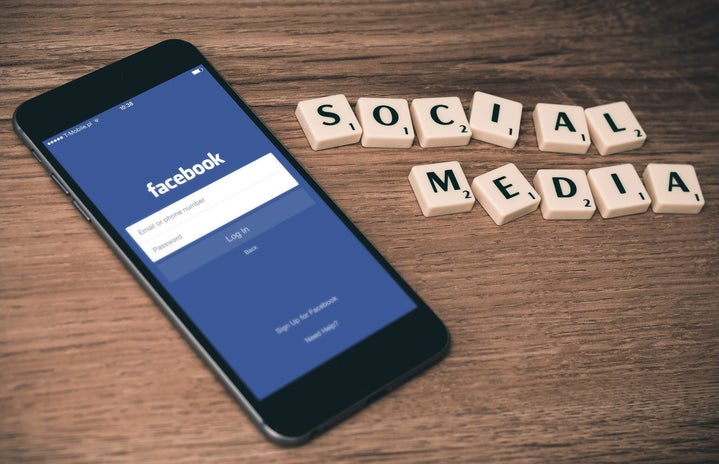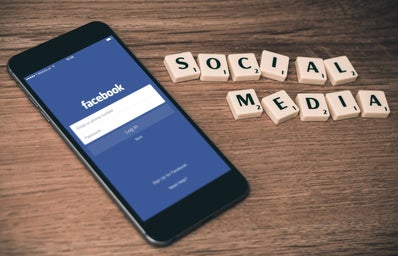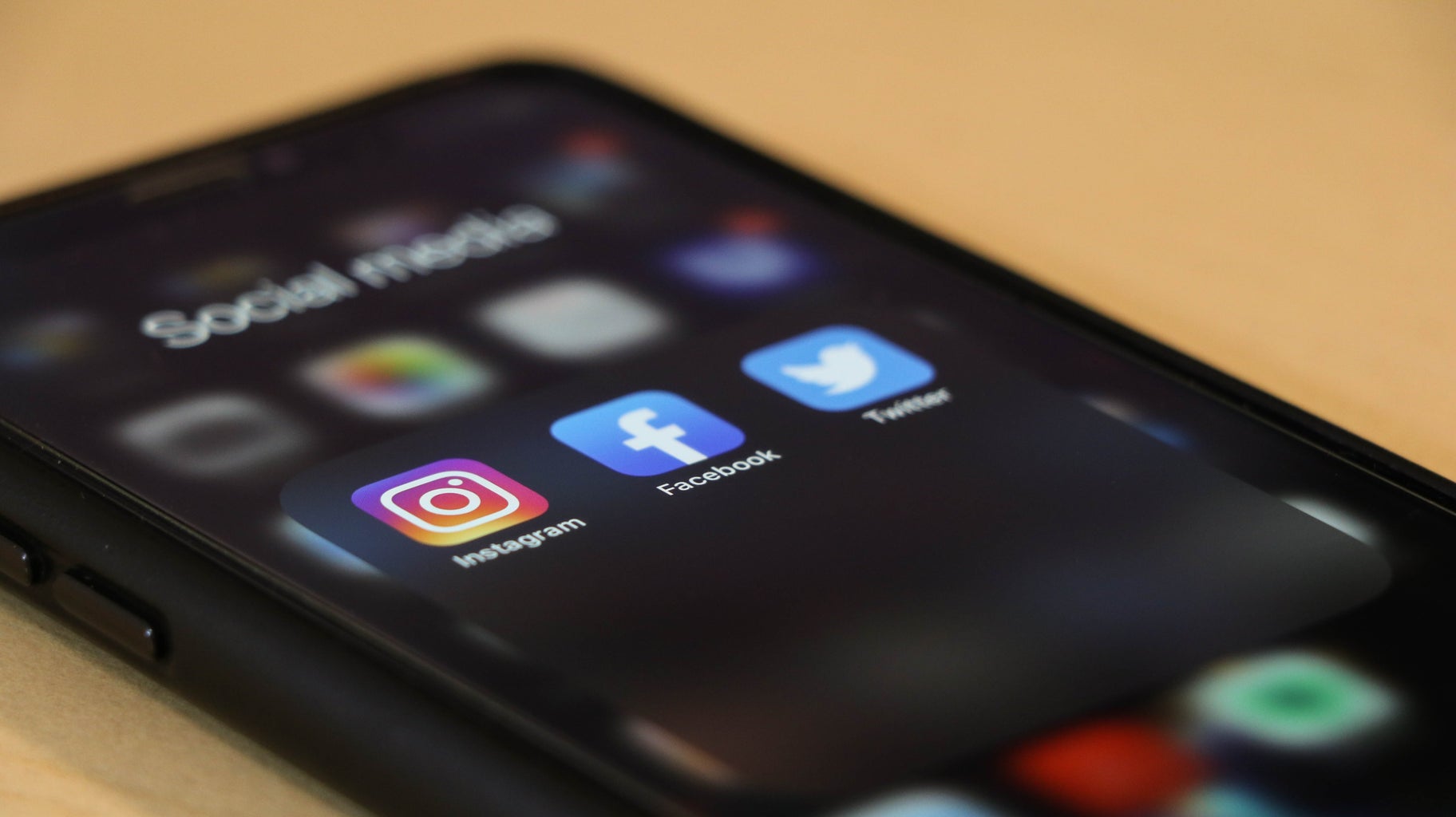On October 5th, most of the world was cut off from Facebook, Messenger, Instagram, WhatsApp, and Oculus, for many hours. In the beginning, most people thought that there was something wrong with their network until it became apparent that there was an issue with the server of these social media websites. Why were all five sites down? Oh, because four of these social networks are owned by Mark Zuckerberg, meaning all these social networks run on the same system as Facebook. Before we get into why social media sites should not be monopolised, let’s discuss the detrimental effects and the positive aspects this shutdown may have caused for many.
The Detrimental Effects
The digital space has opened a new world of careers and business opportunities in the age of technology. Many individuals, small businesses, and even large companies rely heavily on social media to make a living. When the sites were experiencing technical issues, many businesses had to stop operating. And the money-making routines of influencers of any scale were disrupted – specifically for those that operate on Instagram. According to the New York Times, billions of people were affected. The dependence on these respective platforms was called into question. Why did it feel like the world stopped for most when accessing Instagram, Facebook or WhatsApp was impossible? Because now, more than ever, the use of social media to keep in contact with loved ones and organise our daily personal or business lives has become the norm.
Before the pandemic, there was already an acknowledgment of Zuckerberg’s dangerous power on his partial monopoly of the internet. However, this recent event shed a very bright light on this issue again. And how the use of the internet in Covid times has compounded the dependence on social networks and consequently, Facebook’s concentrated power. This has made everyone wonder whether it is normal or healthy for us to be so reliant on the cyber world. My opinion – no, it isn’t. There is no longer a separation between the digital world and reality. The worlds have merged, and life has become a matter of aesthetics instead of sharing pictures or connecting. That is not to say there is something wrong with being a player in the game of profiting off pictures and online experiences, but besides the harmful mental effects of social media, what happens if this occurs again – for good?
The Internet Should not be Monopolised
What alternatives do we have? Why are we so dependent on these specific networks (except for Twitter, of course… and Tumblr for me!). It is time that countries look to popularising their own messengers and social networks. There are dark sides to the example I’m about to bring up but, look at China. They have Weibo, WeChat, and other mainstream social media in the region that frees them from disruptions like the one of October 5th. In Korea, there’s KakaoTalk that functions similarly to WhatsApp but better, in my opinion. These are but two of many examples I’m sure there are in the world. Not only will the creation of alternative networks contribute to the economies of nations, but it will make the technological space a little safer to use and rely on.
Alexandria Ocasio-Cortez (AOC) said it best : “If your life was disrupted by the Facebook outage today, and say, you couldn’t communicate with loved ones because WhatsApp was down. Or maybe your career or your small business took a hit because Instagram was down. And Facebook – and both [Instagram and WhatsApp] frankly were successful independent apps until Facebook identified them as a competitive threat and decided to purchase them due to monopolistic anti-competitive behaviour- Maybe we should be asking ourselves why one company is trying to monopolise the internet, communication platforms, and digital commerce, and maybe we should BREAK THEM UP!”
The Positive Aspects
Twitter thrived and reminded everyone that they’re the superior network – jokes. It was funny to see everyone flock to Twitter and “get through” the outage through memes and jokes. Besides the losses made by small businesses and independent artists or social media curators, the break from the respective social networks was a reminder that the internet isn’t or shouldn’t be that deep. Not only did we have to be present and take note of what life is like without the constant scrolling, but we were all given an opportunity to just be. There’s a show on Netflix called The Social Dilemma. It speaks to the scary hold that the internet has on most of us and how that is the case because marketers are intentionally working on getting us addicted to the internet. Before you say anything – yes, I am recommending a show on one media platform to bring light to the scary and addictive nature of the internet. That’s how bad things are! So, let’s look at the bright side of what happened and take it as a reminder to not wait for an international cyber breakdown to put our phones away and look up at the sky, the sunset, the trees or something.




